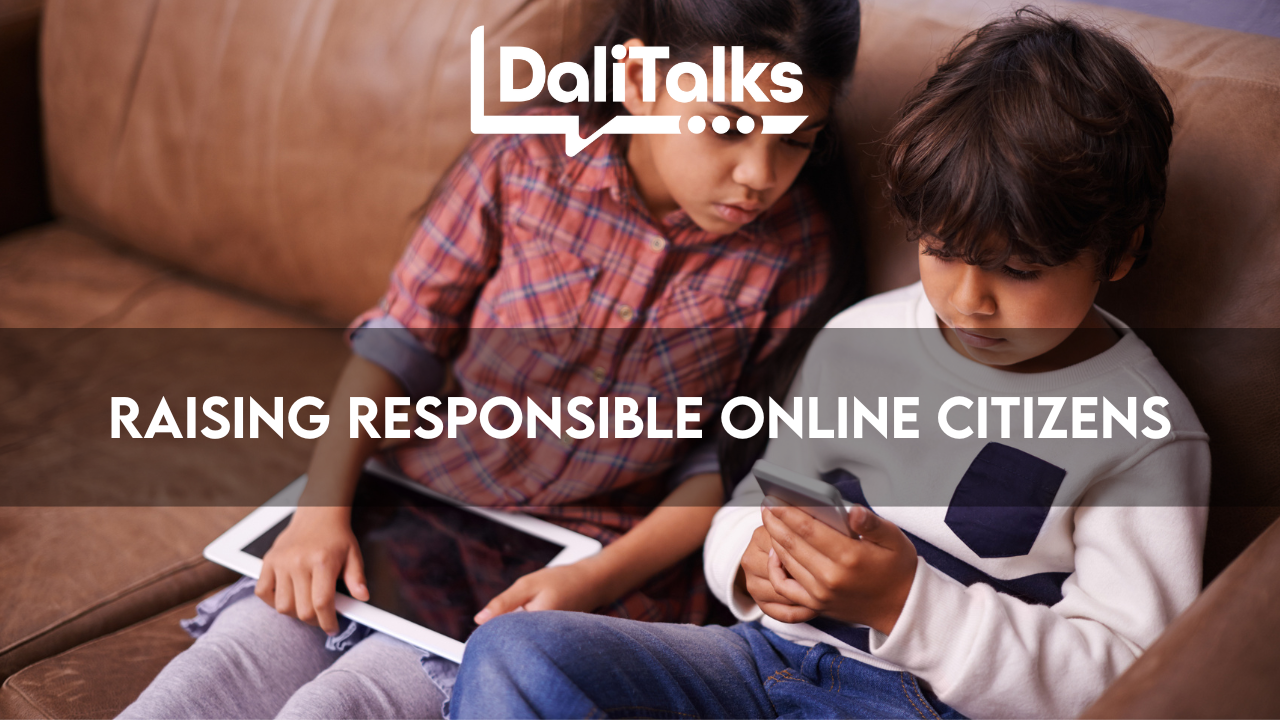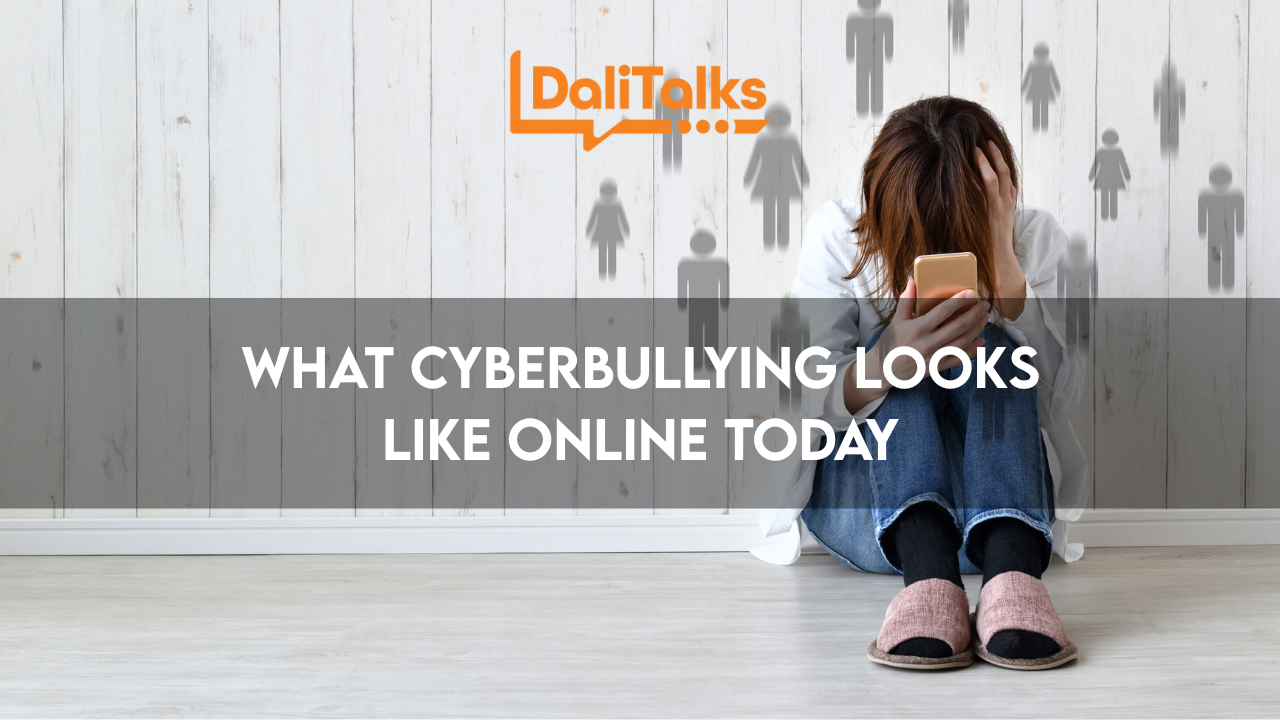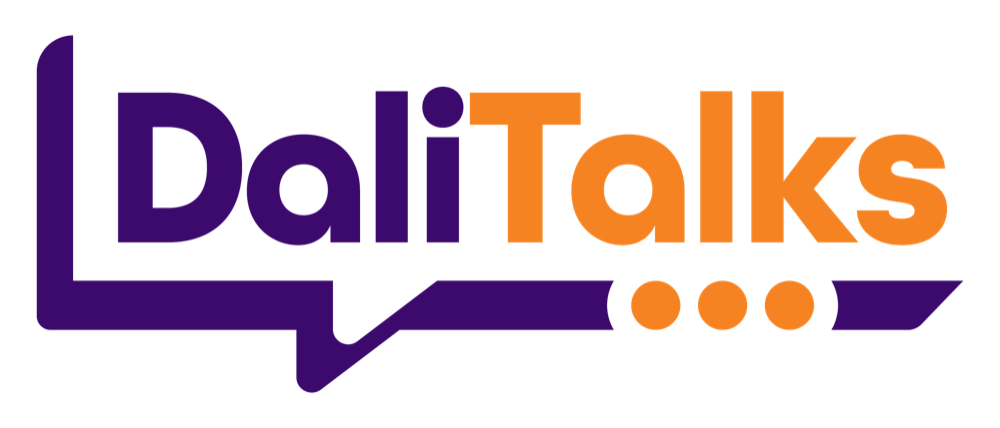The Digital Skills Kids Need Before Going Online

What Does It Mean to Be a Good Digital Citizen?
Being a good digital citizen means having the knowledge, awareness, and skills to use technology responsibly, respectfully, and safely. For children, digital citizenship is not just about knowing how to use devices. It is about understanding how their words, actions, and choices online affect themselves and others.
In today’s digital world, children are communicating, learning, and building relationships online earlier than ever before. Without guidance, they can unintentionally become involved in cyberbullying, invasion of privacy, oversharing personal information, or harmful online behavior that can have long lasting consequences.
Before we allow children access to social media, gaming platforms, or online communities, it is our responsibility as parents, guardians, educators, and caregivers to teach them how to navigate the digital world safely and confidently.
The Real Risks Kids Face Online
Cyberbullying often goes unnoticed bec...
Understanding the Different Types of Cyberbullying

How much do you really know about cyberbullying?
The term “cyberbullying” first appeared in 1998 and refers to bullying that takes place online through digital platforms. In simple terms, cyberbullying is bullying that follows someone wherever they go, through phones, tablets, computers, and social media.
Unlike playground bullying, cyberbullying leaves digital footprints. Old posts, comments, and messages can resurface years later, which is why you may hear about celebrities or public figures being held accountable for harmful content shared early in the internet age.
As technology has evolved, cyberbullying has increased. Unfortunately, laws and protections have struggled to keep up.
The Issue: Why Cyberbullying Is Especially Dangerous
Cyberbullying is not just online teasing. It is repeated behavior intended to shame, humiliate, threaten, or emotionally harm someone.
It is complex, constantly evolving, and often difficult to regulate or define legally. In the United States and...

